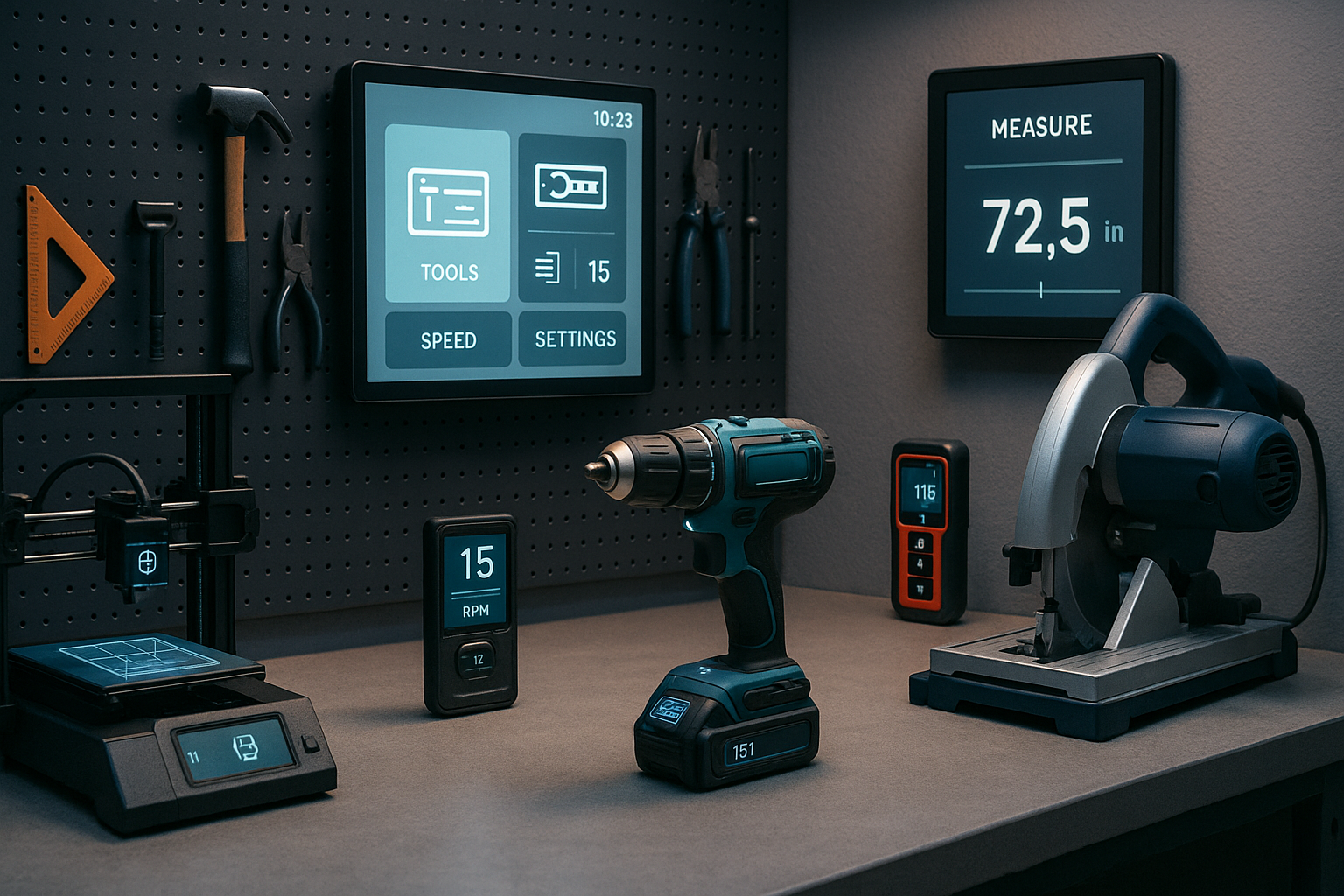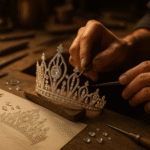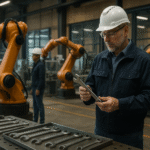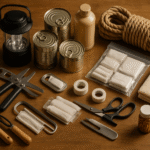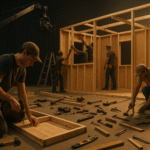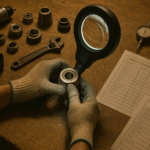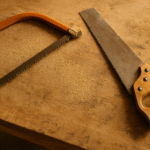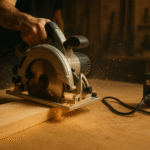The modern home workshop has changed dramatically.
Once defined by hand tools, dust, and repetition, it’s now powered by automation, sensors, and digital precision. Smart drills calibrate themselves, connected systems manage air quality, and laser-guided saws measure before they cut.
But as technology continues to simplify every part of the process, some makers are asking a difficult question — is DIY still “do-it-yourself” when your tools are doing most of the work?
The Rise of the Connected Workshop
Smart workshops have moved from concept to common reality.
Wireless power stations, voice-controlled equipment, and data-driven calibration systems are now standard features in many modern garages.
As outlined in Inside the Smart Workshop: Connected Tools That Think for You, this ecosystem is built around seamless communication between tools, apps, and users. Every measurement, cut, and torque adjustment can now be logged and refined automatically.
The result is a workspace that’s faster, cleaner, and more consistent than ever before — but also less spontaneous.
Precision at the Cost of Practice
Technology removes guesswork, but it can also remove growth.
Traditional DIY often involved learning through trial and error, refining technique by touch and feel. Smart systems now automate much of that process, ensuring near-perfect results with minimal human input.
The concept mirrors the automation trend discussed in Workshop of the Future: How AI + IoT Will Automate Your Tool Bench — where the craftsman becomes a supervisor, not a creator.
While this efficiency boosts productivity, it raises a cultural concern: will makers lose the instinct and problem-solving that once defined their craft?
Efficiency and Empowerment
Not all change diminishes creativity. For many, smart tools have opened doors rather than closed them.
Automated alignment, 3D measurement, and adaptive speed control allow beginners to take on complex projects safely and confidently. Professionals benefit from AI-assisted precision, reducing fatigue and increasing repeatability across large workloads.
In this sense, the smart workshop democratizes craftsmanship, echoing the innovation seen in The AI Toolbox: Will Smart Tools Replace Skilled Craftsmanship?.
It turns technical mastery into accessible creativity.
Sustainability Through Smart Control
Smart systems don’t just improve results — they also promote sustainability.
Energy-efficient power distribution, smart chargers, and adaptive load balancing minimize waste and extend battery life. These improvements parallel the principles highlighted in Sustainable Power: How Tool Brands Are Going Carbon Neutral, where efficiency supports environmental responsibility.
By tracking energy use and preventing over-consumption, workshops become greener without sacrificing performance.
Finding the Balance
The question isn’t whether smart tools make DIY easier — they do. The real challenge is preserving the spirit of craftsmanship while embracing convenience.
The best makers of tomorrow will likely be those who understand both — using technology not as a crutch, but as a companion in creation.
Automation may guide the cut, but inspiration still drives the hand.
